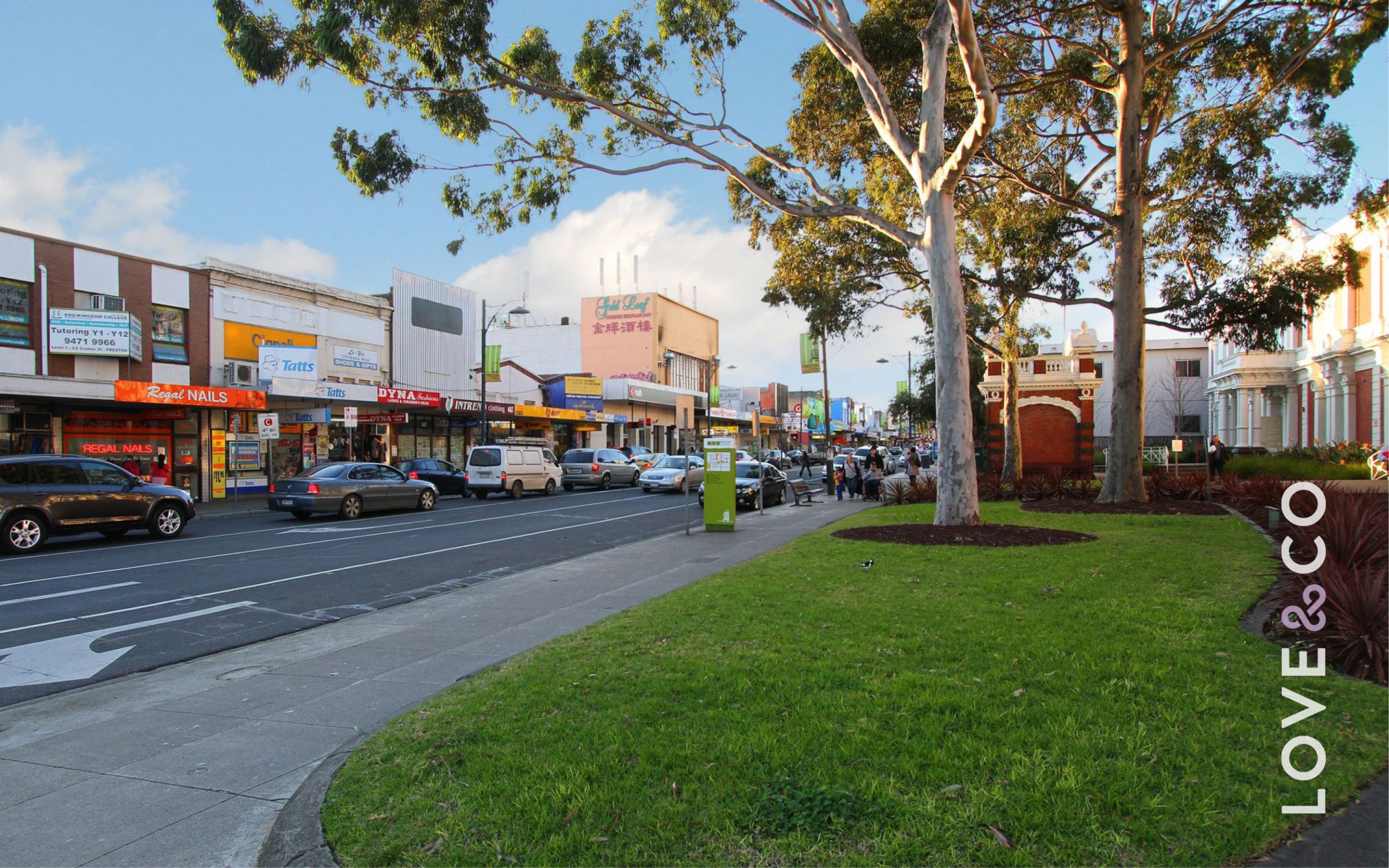Let’s Talk Shop – The Pros and Cons of Commercial Property
Is commercial property a good investment in the current market?
Are the yields often higher than residential yields?
What are the risks involved?
What are the pros and cons of investing in the commercial property space?
If you’re asking yourself one or more of these questions, you’re in the right place. In this article, we’re going to get straight down to business discussing the argument of “for and against” of investing in commercial property, and look at a few of the reasons that some Aussie investors are going down that path.
There’s nothing to hide: any investment involves a certain risk factor, and property investment has its fair share of dangers. But, when it’s done right, commercial property can bring some excellent returns.
So, is it better to focus on residential or commercial investment? It’s a topic that continues to run hot among investors…
What is Classed as a Commercial Property?
Before we get going, let’s just define what we mean by a commercial property. These can include but are not limited to – office blocks, factory space, retail buildings, warehouse, etc. – and leases it out to generate profit.
So Why Should You Invest in Commercial Property?
- Potential for Higher Income
One of the main drawcards for investors entering the commercial property sector is the greater yields it offers, compared to the residential sector. To put this into perspective, commercial real estate generally yields a return of around 5% – 10% gross, compared to residential properties which generally yield around 3% – 4% net.
- Tax Benefits
Commercial property investments offer substantial tax benefits, including generous depreciation allowances. Depending on the type of building, investors may also be able to claim building allowances.
- Longer Lease Periods = Rental Stability
Lease times for commercial properties tend to be longer (often 3 – 5 years) than those for residential properties (often only 12 months), offering a more secure rental income.
- Tenants Take More Care
Because your tenant is conducting his/her business affairs from your building, they are more likely to take better care of the property because it affects their professional image.
- Opportunity to Diversify
If you’re already established in the residential rental market, adding commercial property to your portfolio is a great way to diversify.
- More Regular Hours of Operation
Because commercial property is generally only used during standard business hours, you are less likely to get maintenance phone calls from tenants out of hours. For example, if the hot water service is playing up, your commercial tenant will most likely discover the problem during daylight hours and phone you then, rather than discovering it when he/she jumps into the shower at 10pm!
In addition to this, tenants of commercial properties are less likely to bother landlords over small issues such as leaky taps or squeaky door hinges – because it’s a business premises, these trivial issues simply don’t bother them so much.
- Less Outgoing Expense
Tenants of commercial properties generally pay their own outgoings, including taxes, rates and insurance. In the residential market, the landlord pays these expenses.
Things to be Mindful of When Investing in Commercial Property
Of course, investing in commercial property isn’t all blue skies and dollar bills. Here are a few of the potential cons to consider before you sign on the dotted line:
- Greater Outlay
Commercial property is generally more expensive to purchase than residential. In addition to this, residential property is considered less risky and the loan value ratio is substantially lower on commercial properties. This means that the investor has to come up with a higher deposit.
Interest rates on commercial properties are generally higher than those for residential financing because they are considered a greater risk.
- Affected by the Economic Climate
Because commercial property is directly linked to consumer spending, the commercial rental market is much more sensitive to overall economic stability than the residential market.
- Possibility of Longer Vacancies
Although the tenancy agreements are generally longer, if your tenant moves out, there is the potential for longer vacancies in the commercial market. As we know, it’s not unusual for shops to sit vacant for weeks, sometimes months before a new tenant moves in…
- Intricate Agreements
The lease agreements for commercial properties are quite complex and often require the expertise of a solicitor.
- Not Always Easy to Sell
If and when you decide to sell your commercial investment property, it is likely to take a lot longer to sell than a well-placed residential property. Lack of liquidity is something that investors need to consider seriously.
Is commercial property the right investment for you?
There’s no right answer for everyone. It’s clear that investing in commercial property is not for novices, but it may be one of the most financially rewarding investments you could ever make. Successful investing requires a sound understanding of the local market and of all factors which influence it.
Want to know more about property investing in Melbourne? Talk to our team! With three generations of experience behind us and a specialised commercial division, we know what makes the real estate world tick, and we’re keen to help you find the properties that will give you the best possible return.
The information in this article is for information purposes only and should not be taken as financial, legal or personal advice.
While care has been taken to ensure that information contained in this article is true and correct at the time of publishing, any changes after the time of publication may impact on the accuracy of this information.
External website links are not only for references and are not affiliate links.



